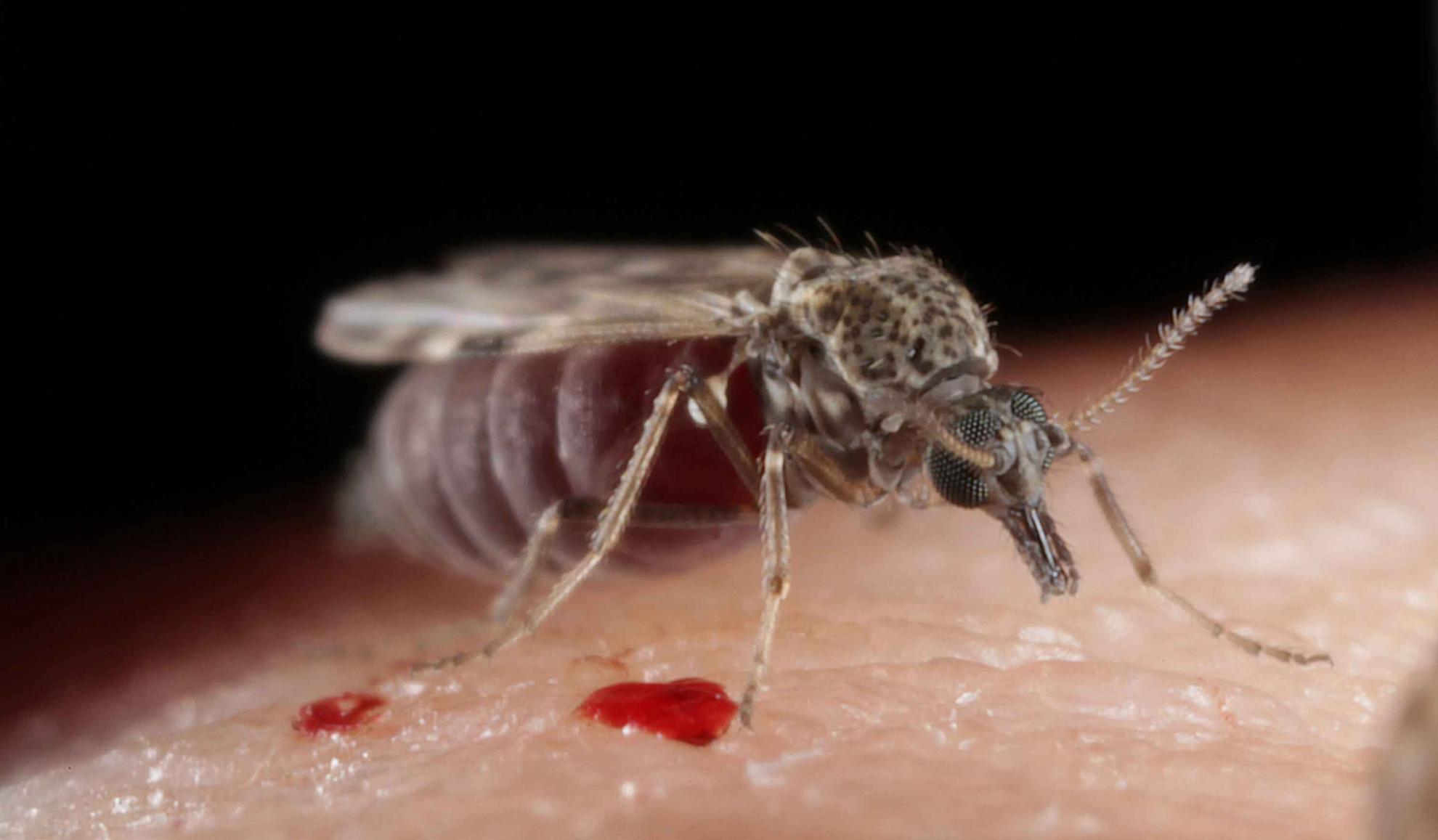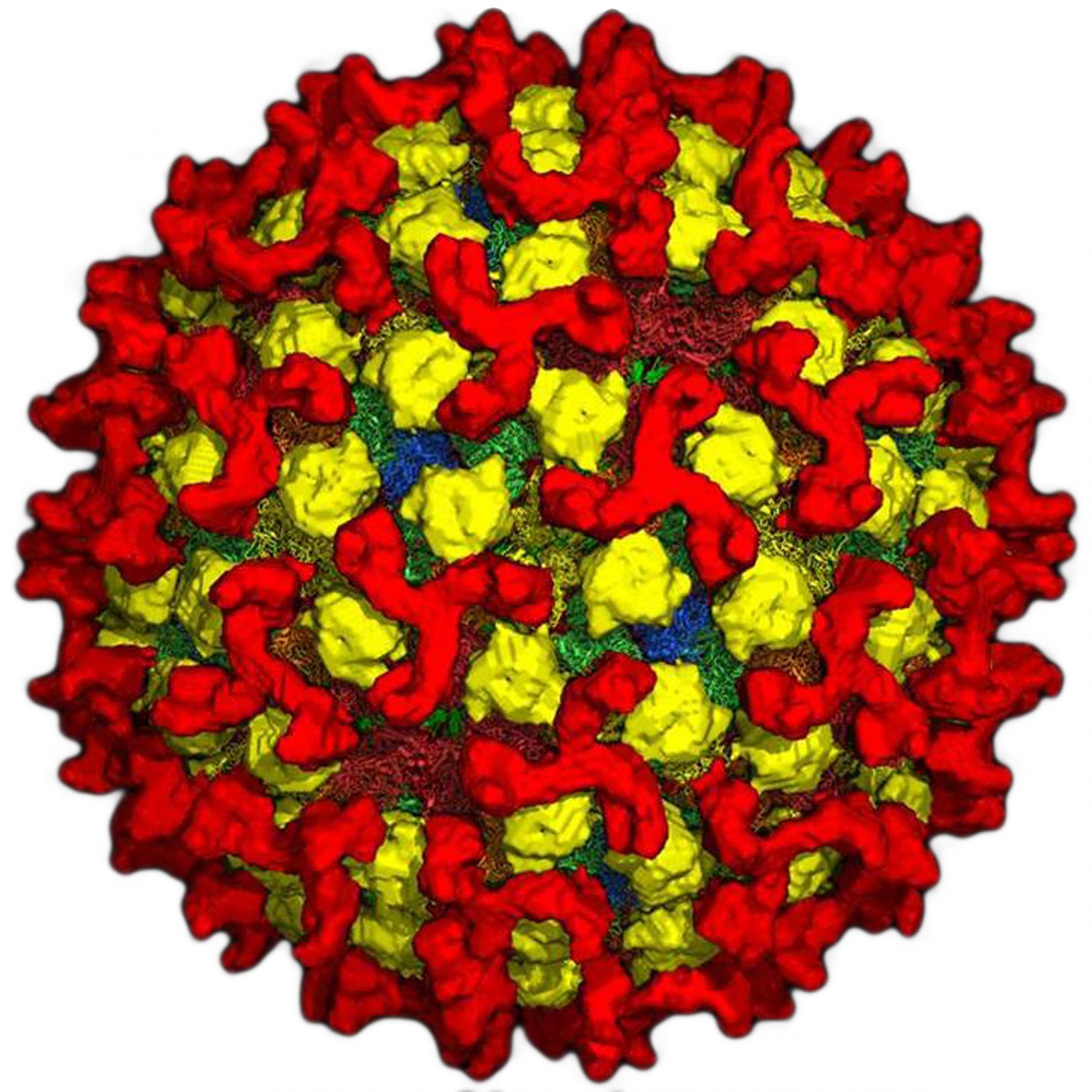Risk-based surveillance for bluetongue virus in cattle on the south coast of England in 2017 and 2018
BACKGROUND: Bluetongue (BT) is a viral disease of ruminants and camelids which can have a significant impact on animal health and welfare and cause severe economic loss. The UK has been officially free of bluetongue virus (BTV) since 2011. In 2015, BTV-8 re-emerged in France and since then BTV has been spreading throughout Europe. In response to this outbreak, risk-based active surveillance was carried out at the end of the vector seasons in 2017 and 2018 to assess the risk of incursion of BTV into Great Britain.
METHOD: Atmospheric dispersion modelling identified counties on the south coast of England at higher risk of an incursion. Blood samples were collected from cattle in five counties based on a sample size designed to detect at least one positive if the prevalence was 5 per cent or greater, with 95 per cent confidence.
RESULTS: No virus was detected in the 478 samples collected from 32 farms at the end of the 2017 vector season or in the 646 samples collected from 43 farms at the end of the 2018 vector season, when tested by RT-qPCR.
CONCLUSION: The negative results from this risk-based survey provided evidence to support the continuation of the UK's official BTV-free status.



